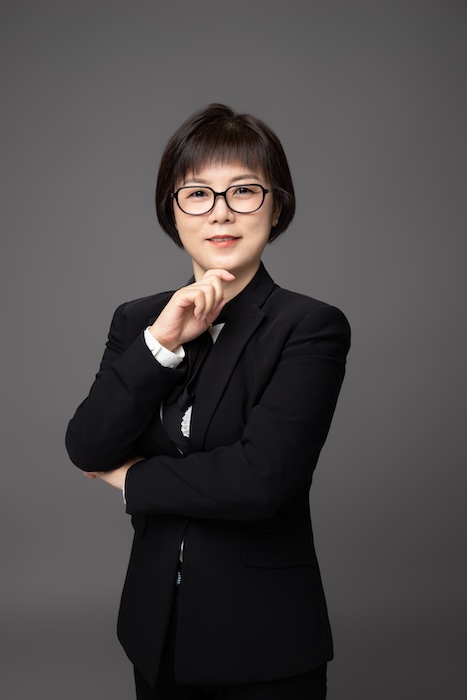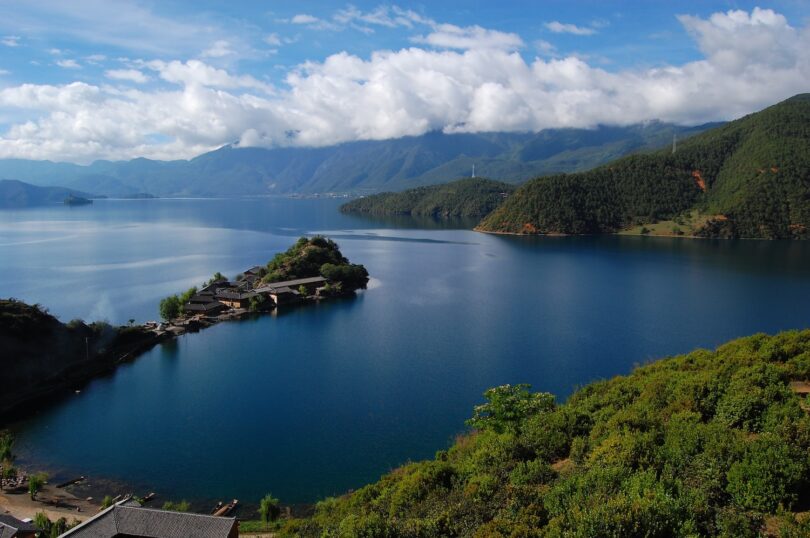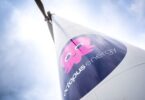As the sales director for Energy Recovery’s water division, Ping Zuo draws upon her wealth of experience in the water industry to promote products that help the environment. Working across China, Taiwan, and South Korea, she is particularly passionate about energy-saving technology for desalination and reusing wastewater.
A Background in Water
Ping joined Energy Recovery’s sales team 18 years ago, after working with a water technology manufacturer. Her familiarity with water treatment became useful when China announced a package of environmental policies. As Ping notes:

An Interview with Ping Zuo
“This is a prominent issue in China. Our government enacted strong environmental policies, especially around wastewater discharge, so there is great motivation among our customers to conform to these policies and reduce their emissions and wastewater discharge.”
The regulations created new areas for promoting the environmental benefits of technology that increase efficiency and reduce energy consumption. She adds:
“So, when the Chinese government announced strong policies for reducing carbon emissions, our China sales team quickly adapted to the new opportunities, such as wastewater treatment for lithium-ion battery and textile production. Clean water and reducing carbon emissions are major priorities for the government and core to Energy Recovery’s mission.”
Ping used the company’s relationships across China’s water industry to show customers how to adopt energy recovery technology and play a role in addressing climate change.
The Wastewater Industry and Climate Change
Working in the industry means that Ping is fully aware of the environmental benefits of reducing wastewater discharge. She points out that it is essential for companies wanting to comply with stringent new regulations:
“Preserving our water supply is a major priority for the government, which strongly enforces minimal liquid discharge (MLD) and zero liquid discharge (ZLD) policies, so this is a motivating factor for many industries. By incorporating effective wastewater treatment processes into manufacturing, our customers can significantly minimize or even eliminate wastewater discharge into the environment, which is a huge net positive for the community.”
Recycling clean water back into manufacturing processes reduces water intake, and Ping’s team also helps make water treatment more energy efficient, reducing costs and lowering emissions. The new regulations are creating rapid growth in the wastewater sector, making energy efficiency more important for balancing the need to preserve clean water with climate change. Energy efficiency technology allows economies to grow while minimizing carbon emissions.
Creating Win-Win Situations
The regulations in China have been very effective at getting end users to treat wastewater and reduce emissions. Ping believes that it is important to work with partners and reinforce the importance of meeting environmental targets. For example, Energy Recovery’s core product, the PX® Pressure Exchanger®, promises significant energy recovery during the desalination process. Her team laid out the environmental benefits of the technology to partners and showed how to incorporate it into systems:
“Plant designers, engineers, and consultants are very influential in this industry, and if you have a good relationship and can demonstrate the value of the product, they will keep working with you on new projects going forward.”
This approach ensures that customers understand why the environment is important. They learn how they can use technology to reduce energy consumption and carbon emissions while treating wastewater effectively.
“It’s a win-win for them from both a business and environmental perspective. It’s all about getting companies to recognize that sustainability comes with many benefits for the environment, the community, and business.”
Ping’s team is working to make the technology more effective and persuading more sectors to incorporate energy-efficient reverse osmosis wastewater treatment into operations.
Women and the Environment
Like many of the growing number of women bringing environmental change, Ping isn’t standing still and continues to explore new environmentally-friendly technologies. She has some valuable advice for other women seeking to build a career somewhere where they can have a positive effect on the environment:
“It’s really important to study and learn as much as you can about technology, sales strategies, customers – everything. In any career path, it’s important to build up your experience, but especially in sales. I have worked with a lot of very different end users to make their operations more sustainable, from water producers to mines to consumer goods like coal-to-chemicals applications, and I’ve worked on many parts of the water treatment process, so it has been very helpful for me to know the product and the customer very well.”
“You also need to learn not to be afraid of failure or let it stop you from innovating. You won’t have success in everything you try, but if you don’t try then you won’t find out where the opportunities are. When I joined this company 18 years ago, no one really knew how much opportunity there would be in this market or had any idea that it would grow to the size it has. But year after year, I have learned and tried to identify and explore new markets, and over time we’ve seen a lot of growth. So, my advice for women would be to do your homework, so that you are prepared to seize opportunities when they arise.”
Related aticles:
Energy Recovery Establishes Corporate Emissions Reduction Target







